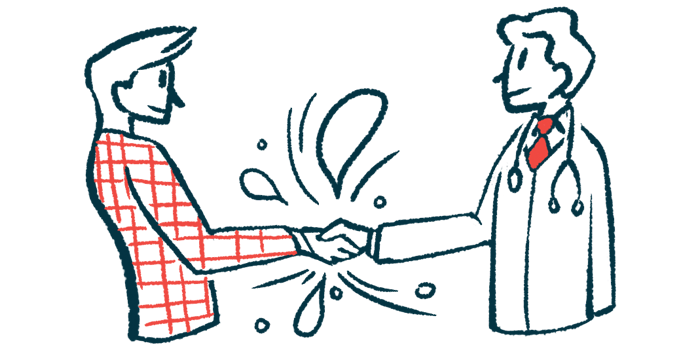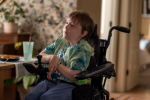Pivotal Phase 3 Trial of CAP-1002 Therapy for DMD Launching Soon
Written by |

A potentially pivotal Phase 3 clinical trial called HOPE-3, which will test the effectiveness of the experimental cell therapy CAP-1002 as a treatment for Duchenne muscular dystrophy (DMD), is expected to launch soon.
Capricor Therapeutics, the company developing CAP-1002, announced that the U.S. Food and Drug Administration (FDA) has given the go-ahead for the trial to proceed.
Capricor also announced that it has partnered with Nippon Shinyaku for the exclusive commercialization and distribution of CAP-1002 in the U.S.
“The partnership with Nippon Shinyaku aligns us with a larger, seasoned pharmaceutical company experienced in rare disease with specific expertise in DMD,” Linda Marbán, PhD, CEO of Capricor, said in a press release.
Marbán added that Nippon “recently launched Viltepso, an exon skipping agent for the treatment of DMD and has a fully assembled U.S. team to support a broad commercialization effort.”
Under the terms of this agreement, Capricor will be responsible for running the upcoming HOPE-3 study, and Nippon will be responsible for distributing the therapy in the U.S. As part of the agreement, Capricor received an upfront payment of $30 million, with the potential for additional payments of more than $700 million if certain milestones are met.
“The addition of non-equity capital from this transaction provides the requisite funding for the execution of HOPE-3 without dilution to Capricor shareholders,” Marbán said. “Further, the structure of the agreement allows us to leverage our expertise in manufacturing CAP-1002 and to have a very meaningful share of future product revenues.”
Added Toru Nakai, president of Nippon Shinyaku: “As we have an established commercial program for DMD in the USA, working with Capricor to bring CAP-1002 to patients presents the opportunity for a strong partnership for both companies.
“As CAP-1002 moves towards potential commercialization, the overarching goal of both companies is to develop novel, life changing therapies for DMD and, most importantly, give hope to patients in need,” Nakai said.
CAP-1002 contains a type of early heart cell called cardiosphere-derived cells. The therapy, which has been granted regenerative medicine advanced therapy, orphan drug, and rare pediatric disease designations by the FDA, is thought to modulate the activity of the immune system to promote cellular regeneration. It is expected to be equally effective in all DMD patients regardless of the specific disease-causing mutation.
Findings from an earlier open-label trial, HOPE-Duchenne (NCT02485938), indicated that treatment with CAP-1002 improved muscle and heart function in people with DMD.
Capricor recently announced results from the Phase 2 HOPE-2 trial (NCT03406780), which enrolled 20 boys and young men with relatively advanced DMD who received infusions with CAP-1002 or a placebo. Results indicated that the experimental therapy improved arm and heart function.
According to Marbán, Capricor is planning to initially pursue an indication for CAP-1002 as a treatment for “late-stage DMD patients with more advanced disease.
“Presently, this comprises approximately half of all DMD patients,” Marbán said. “Indication expansion to younger boys is something we hope to look at in the future as well as potential synergies with other developing therapies.”






